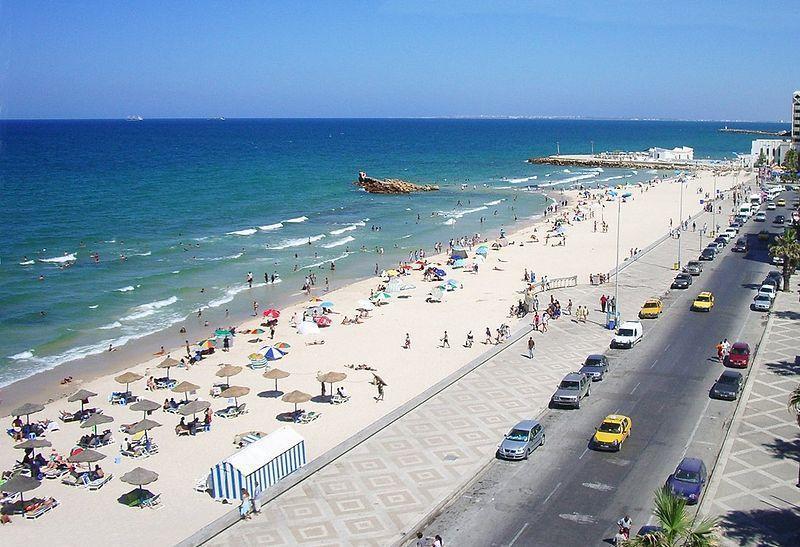Tunisia terror attack: three years on from Sousse massacre, British holidaymakers are returning
‘The Tunisian government has improved protective security in major cities and tourist resorts,’ says the Foreign Office

Three years ago today, a lone terrorist attack at a resort in Tunisia killed 38 people, including 30 British tourists who were customers of TUI.
The attack at the Riu Imperial Marhaba Hotel in Sousse on 26 June 2015 was carried out by an Islamist gunman named Seifeddine Rezgui.
Twenty tourists had died in a terror attack three months earlier on the country’s leading cultural collection, the Bardo Museum in Tunis.
In the wake of the Sousse attack, the Foreign Office warned against all but essential travel to Tunisia.
While travellers were at liberty to ignore the advice, to do so invalidated travel insurance. UK tour operators abandoned package holidays to the country.
An airlift was organised to bring everyone home from the North African country, and package holidays for the rest of the season were cancelled.
The ban was repeatedly extended until the advice against travel was lifted in July 2017.
British holidaymakers had previously been evacuated from Tunisia in January 2012, after the so-called Arab Spring began in the country the previous month.
The overthrow of the dictatorship of President Ben Ali was seen as a success story relative to other North African and Middle Eastern countries. UK holidaymakers returned to the country in large numbers when democracy was restored; by 2015, around half-a-million were expected to visit. But the tourism year was cut short after the Sousse attack.
The Foreign Office now says: “Since the terrorist attack in Sousse in June 2015, which targeted tourists, the UK government has been working closely with the Tunisian authorities to investigate the attack and the wider threat from terrorist groups.
“The Tunisian government has improved protective security in major cities and tourist resorts.”
But the official advice still warns terrorists are “very likely to try to carry out attacks in Tunisia, including against UK and Western interests”.
Thomas Cook, which historically has had a strong presence in Tunisia, returned to the country in February 2018. It offered a small programme of flights from Birmingham, Gatwick and Manchester to the Tunisian resort airport of Enfidha. All holidays were in the resort of Hammamet.
Since then, weekly flights have increased from three to 11, and departures from Glasgow, Newcastle and Stansted have been added.
Ingo Burmester, chief of the UK Source Market at Thomas Cook said: “We try to help customers understand the travel advice available, and it’s clear that Tunisia’s warm welcome, great beaches, historic ruins and year-round sun are attracting loyal and first-time visitors, as well as lots of families.
“So far we have taken more than 60,000 bookings, and with a high proportion of our customers saying they would recommend their holiday to family and friends, we expect this trend to continue.”
The UK’s biggest holiday company, TUI, re-launched holidays from 1 May, with flights from Birmingham, Bristol, Gatwick and Manchester through the summer.
A TUI spokesperson said: “Our thoughts remain with everyone who was affected by the tragic events in Sousse on 26 June three years ago.
“We re-introduced a small number of holidays to Tunisia this year following the change in FCO advice and in line with customer demand.
“The bookings have been in line with expectations and we will continue to review the programme for future seasons.”
The scale of tourism will be far lower than in the years up to and including 2014; even though Thomas Cook has increased its programme, the total number of UK package holidaymakers who will visit Tunisia in 2018 is likely to be around 75,000 — about one-sixth of the numbers prevailing before the massacres.
Join our commenting forum
Join thought-provoking conversations, follow other Independent readers and see their replies
Comments
Bookmark popover
Removed from bookmarks